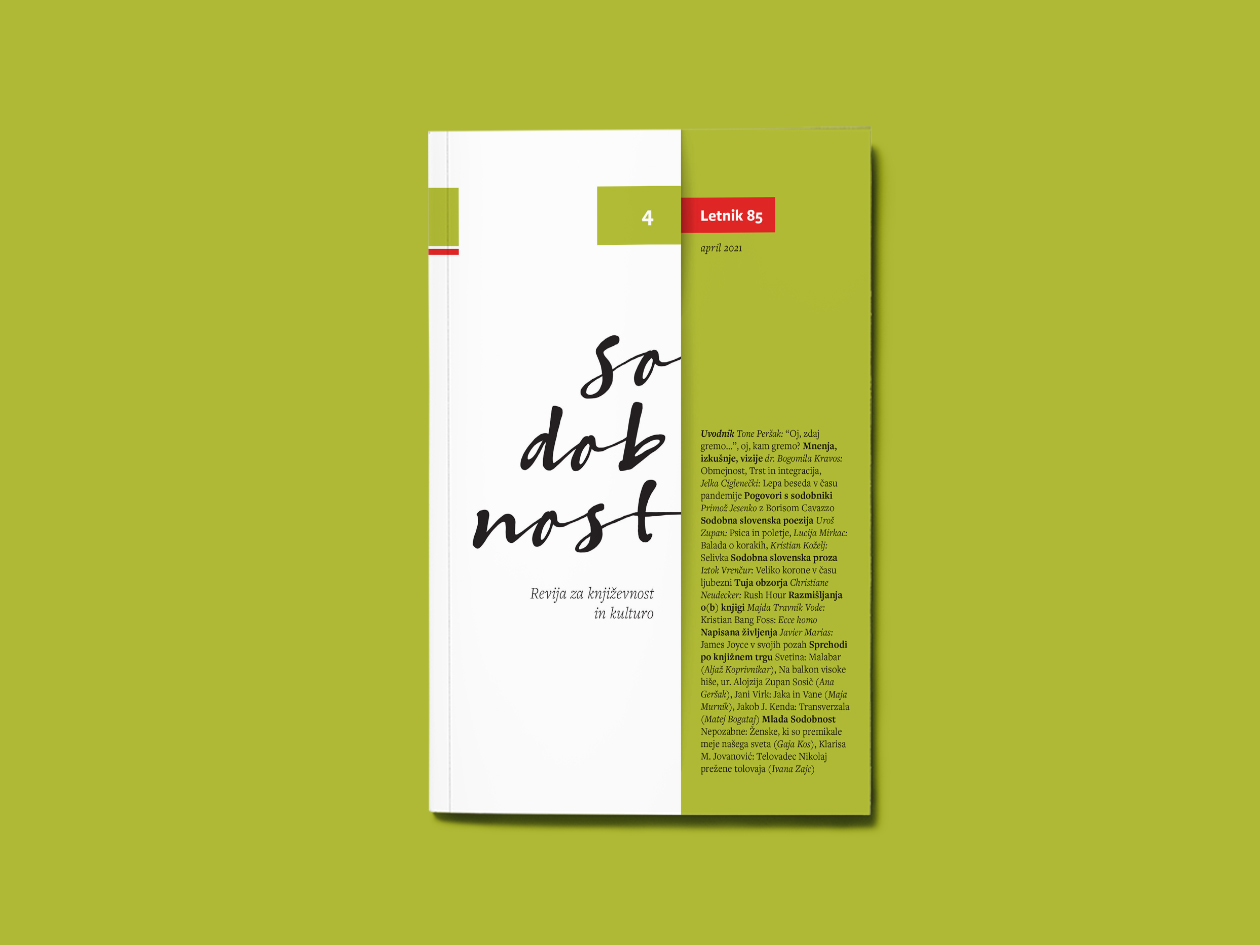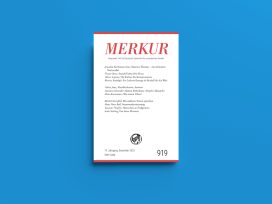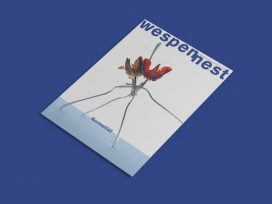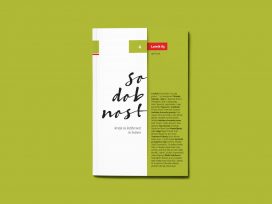‘Sodobnost’ queries where we are going: which direction has Slovenian literature taken since the pandemic; where might it be heading; and, which path are Slovenians taking, especially those living abroad.

On integration
The presence of Slovenes in Trieste can be perceived in various ways. Some representatives of the city’s Italian authorities, who recognize these inhabitants as an ethnic minority, promote ‘integration’. But ‘can the idea of integration be correct if Slovenes have always been part of the city’s fabric?’ asks Bogomila Kravos. Once labelled as outside the main community, it is easier for the authorities to equate Trieste’s Slovenes with immigrants. Kravos describes the history of Slovenes in Italy, suggesting that those who laid the foundations for economic and cultural independence in the nineteenth century enabled a flourishing economy at the beginning of the twentieth century and were openly persecuted after the First World War, all of which should remind us of the undisputable presence of Slovenes in the city. For if ‘state borders move, space doesn’t’.
A touch of poetry
Jelka Ciglenečki, a Goga Publishing House editor, discusses book publishing in Slovenia during the COVID-19 pandemic. ‘Touch starvation’, where contact ‘became dangerous, discourteous, immoral’, led Slovenes to search for closeness through social networks, video calls and, last but not least, art. ‘The epidemic didn’t kill the book,’ writes Ciglenečki. Rather the pandemic has forced it and publishing to become more agile and creative both in content and form. Writers’ efforts haven’t gone unnoticed: Slovene readers have formed a compassionate community that is keeping books alive during the crisis.
This article is part of the 9/2021 Eurozine review. Click here to subscribe to our weekly newsletter to get updates on reviews and our latest publishing.
Published 26 May 2021
Original in English
First published by Eurozine
© Eurozine
PDF/PRINTNewsletter
Subscribe to know what’s worth thinking about.
Related Articles

The state unconscious
K24 November–December 2025
Horizons of the Turkish novel; dissident disappointments; communists real and false; the feminine street.

Cosmic Europe
Merkur 12/2025
Leibniz’s Europe; why majority rule is relative; social chromatics off the scale; travels in post-capitalism.








